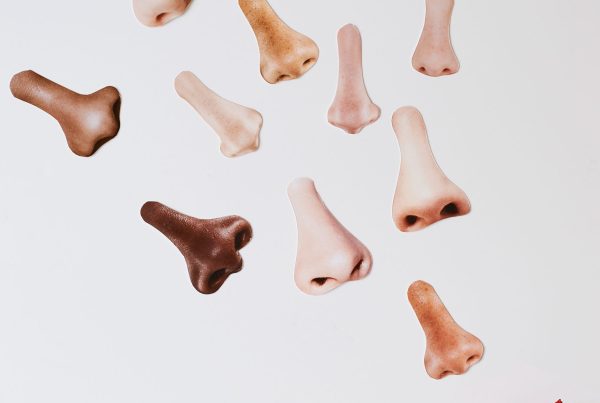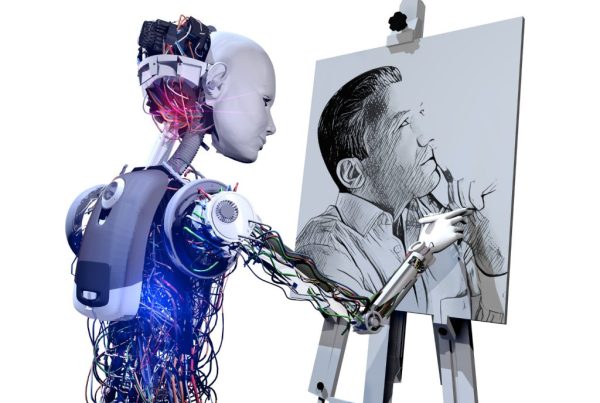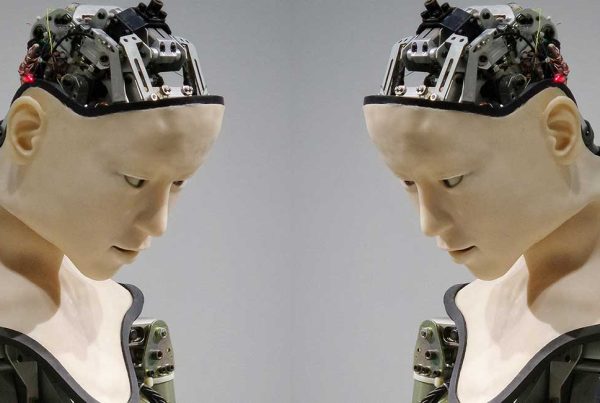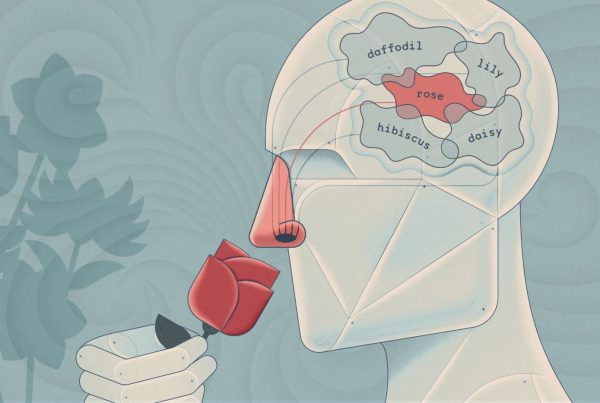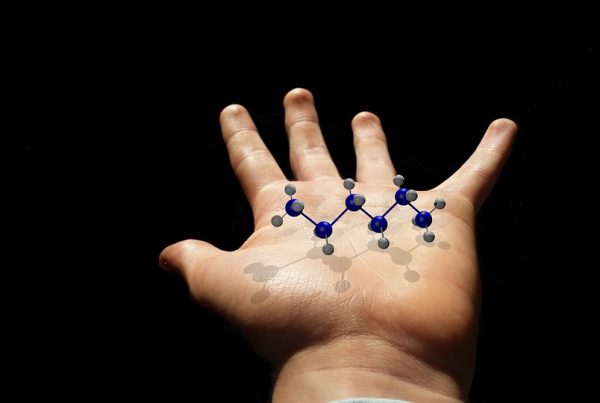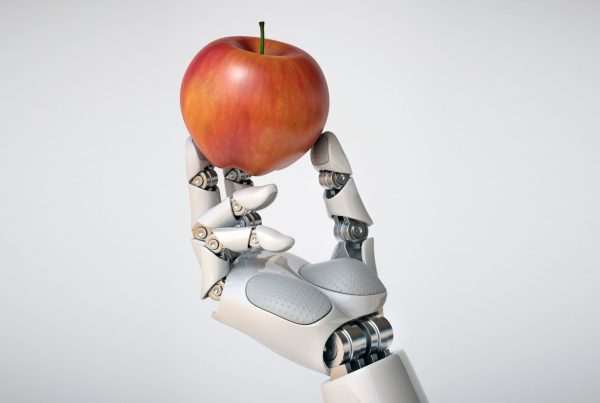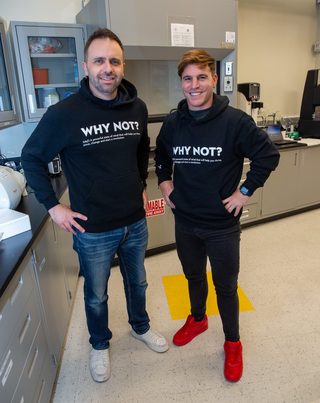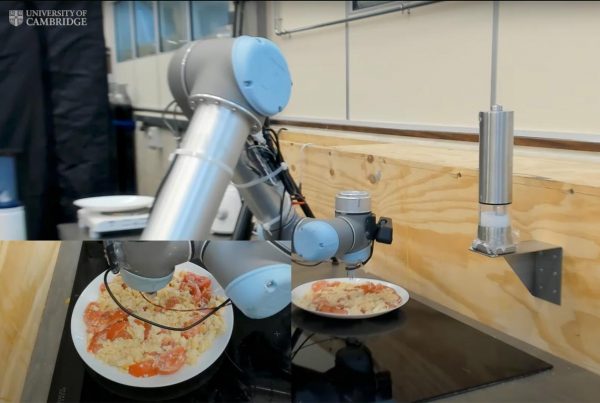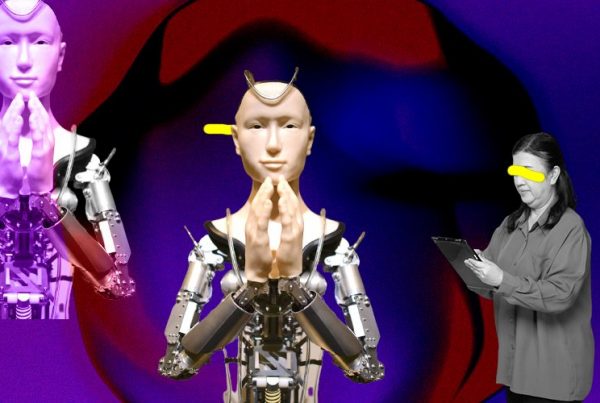The European Union has awarded a €2.8 million grant to a team researchers planning to use artificial intelligence to reconstruct historical scents and smells.
Dubbed “Odeuropa,” the consortium boasts a multidisciplinary array of European scientists and scholars, spanning history, art history, computational linguistics, computer vision, semantic web, museology, heritage science, and chemistry.
Over the next three years, these specialists will collaborate on novel methods in “sensory mining and olfactory heritage science,” aiming to construct an encyclopaedia of historical smells, scents and odours based on collections of digital texts and images. They will then work with chemists, artists and perfumers to reconstruct a selection of the smells documented in their database.
Using Artificial Intelligence To Create A History Of Odour
The overarching goal of the Odeuropa project is to chart how various smells have acquired and shifted their social meanings over time. One prominent example of this is tobacco, as Odeuropa team member Dr William Tullett told the Guardian.
“It is a commodity that is introduced into Europe in the 16th century that starts off as being a very exotic kind of smell, but then quickly becomes domesticated and becomes part of the normal smell-scape of lots of European towns,” he said.
Artificial intelligence fits into this picture via computational linguistics and computer vision. AI algorithms will be used to mine historical texts and images for references to smells and odours, which will then be collated into an online Encyclopaedia of Smell Heritage.
These algorithms will also scan for references to the sensory qualities, emotional significances, and social meanings of smells, allowing the Odeuropa team to build a multidimensional description of smells that spans decades and centuries.
“That could take us into all kinds of different scents, whether that is the use of herbs like rosemary to protect against plague, the use of smelling salts in the 18th and 19th centuries as an antidote to fits and fainting,” said Tullett.
By developing an encyclopaedia of smells, the team aim to make history more of a multi-sensory experience. They will use the smell data mined by artificial intelligence to recreate various odours, which will then be used in museums and heritage locations.
AI And History
While Odeuropa is the first European project of its kind to use artificial intelligence in the reconstruction of historical scents, it certainly isn’t the first project to use AI in order to reconstruct parts of our history.
Last year, University College London researchers used machine learning to reconstruct parts of a van Eyck painting that had been painted over. Likewise, Time Machine is another EU-funded project that uses AI to not only analyse historical documents, but also to reconstruct what European cities may have looked like in the past.
Time Machine isn’t the only organisation working in this particular area. This October, Google announced a deep learning-based toolset that would let researchers use historical maps and images to reconstruct cities. It said that hoped the resource would become “a compendium that allows history enthusiasts to virtually experience historical cities around the world, aids researchers, policy makers and educators, and provides a dose of nostalgia to everyday users.”
But it’s not only the artificial simulation of the past that AI can help us with. Archaeologists have begun using artificial intelligence to identify actual archaeological features and predict where archaeologists are likely to find traces of past human activity and settlements.
Given that AI can scour vast quantities of data at impressive speeds, and that it can offer increasingly accurate predictions, we’ll almost inevitably see it appearing more and more in historical research. In other words, artificial intelligence is our future, but it’s also our past.
Source: How AI Is Helping Researchers Recreate Historical Smells
Other multisensory artificial intelligence topics


